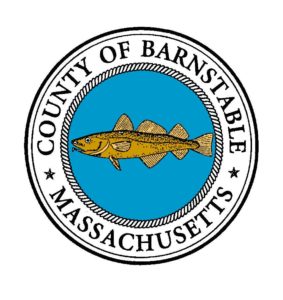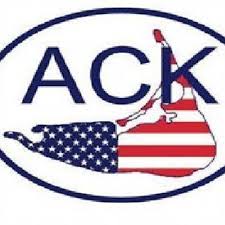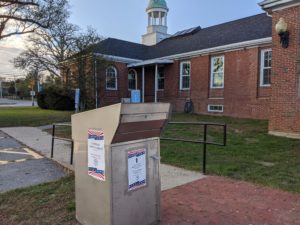
HYANNIS – The Regional Substance Addiction Coalition recently met to start talks about possible uses for money from an opioid settlement that Cape Cod towns will start receiving.
Assistant Barnstable County Administrator Vaira Harik noted that although the RSAC can’t determine how funds are spent, the group can get the conversation started on how to best use the money.
Gillian Feiner, Senior Enforcement Counsel for Attorney General Maura Healey, presented at the meeting and said payments from the settlement will start flowing in July.
Feiner said the payments from three opioid distributors will be spread out over sixteen years, while money from manufacturer Johnson & Johnson will be seen through 2031.
The funds can be used for prevention, harm reduction, treatment, and recovery, with 60% of the money going to the state and 40% going to municipalities, which Feiner noted are able to pool funds.
Feiner said the amount of the payments will go down over time, which the towns can factor in for planning and spending purposes.
When asked which officials will determine how the money gets spent, Feiner said it will vary based on each town’s government structure.
Deirdre Calvert, Director of Bureau of Substance Addiction Services with the Department of Public Health spoke at the meeting on what the state is planning to do with the settlement money.
Calvert said Massachusetts will expand ongoing initiatives of harm reduction services by providing fentanyl testing for people struggling with addiction.
“Have access to a fentanyl test room so they don’t overdose and die, so they can test their drug supply. We say all the time, we have a poisoned drug supply right now,” Calvert said.
Calvert said another program the money will support will be increasing methadone services through mobile units.
“Individuals who don’t have access to cars, trains, or public transportation, much like Cape Cod doesn’t have the Boston metro system, would be able to access methadone,” she said.
A third state initiative Calvert mentioned was funding low-threshold permanent housing for people struggling with addiction where sobriety is not an expectation of receiving services.
The RSAC will move their planned July meeting to June to continue the discussion.
By Brian Engles, CapeCod.com NewsCenter
























